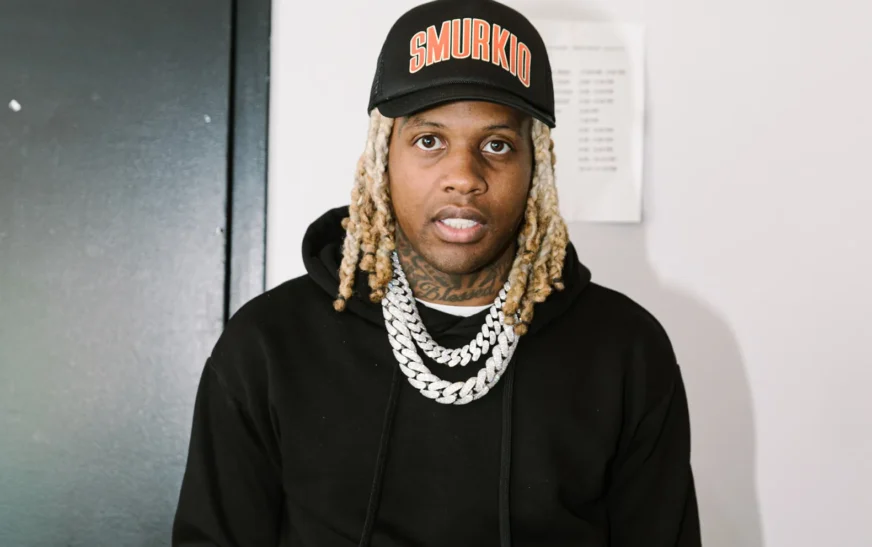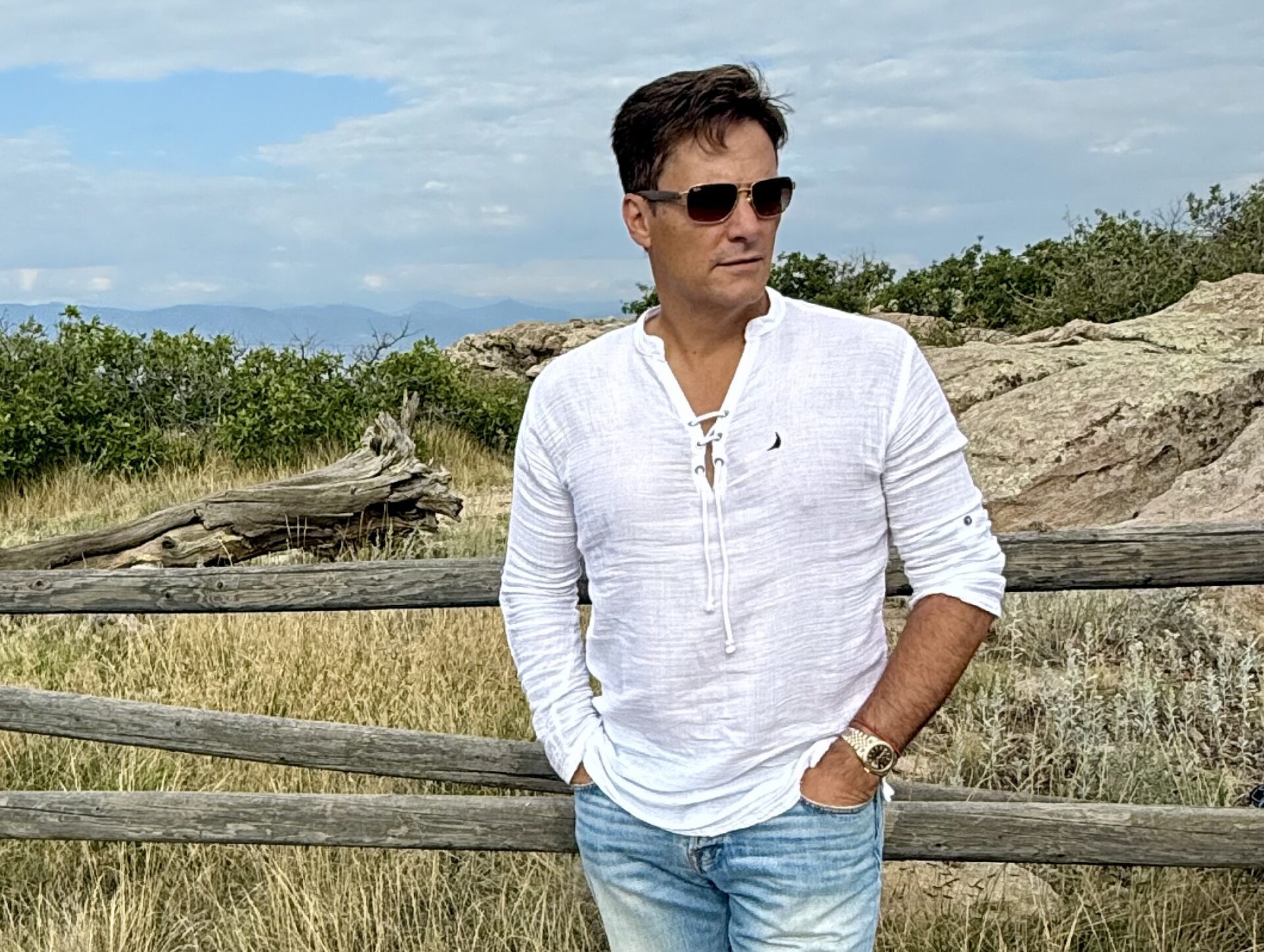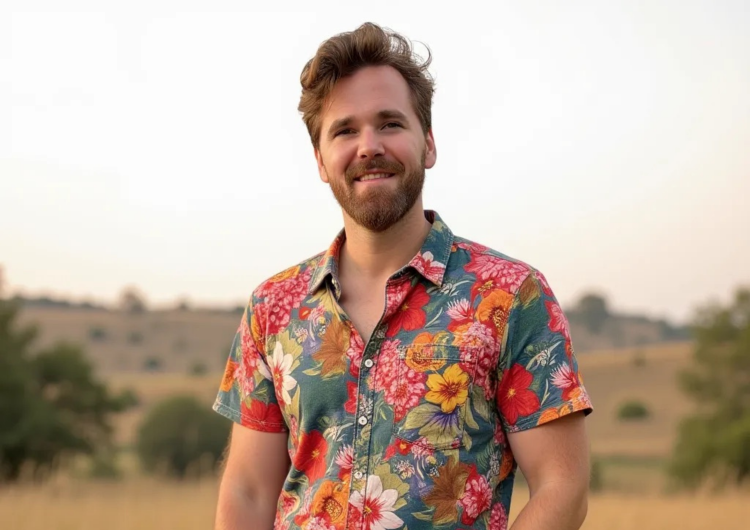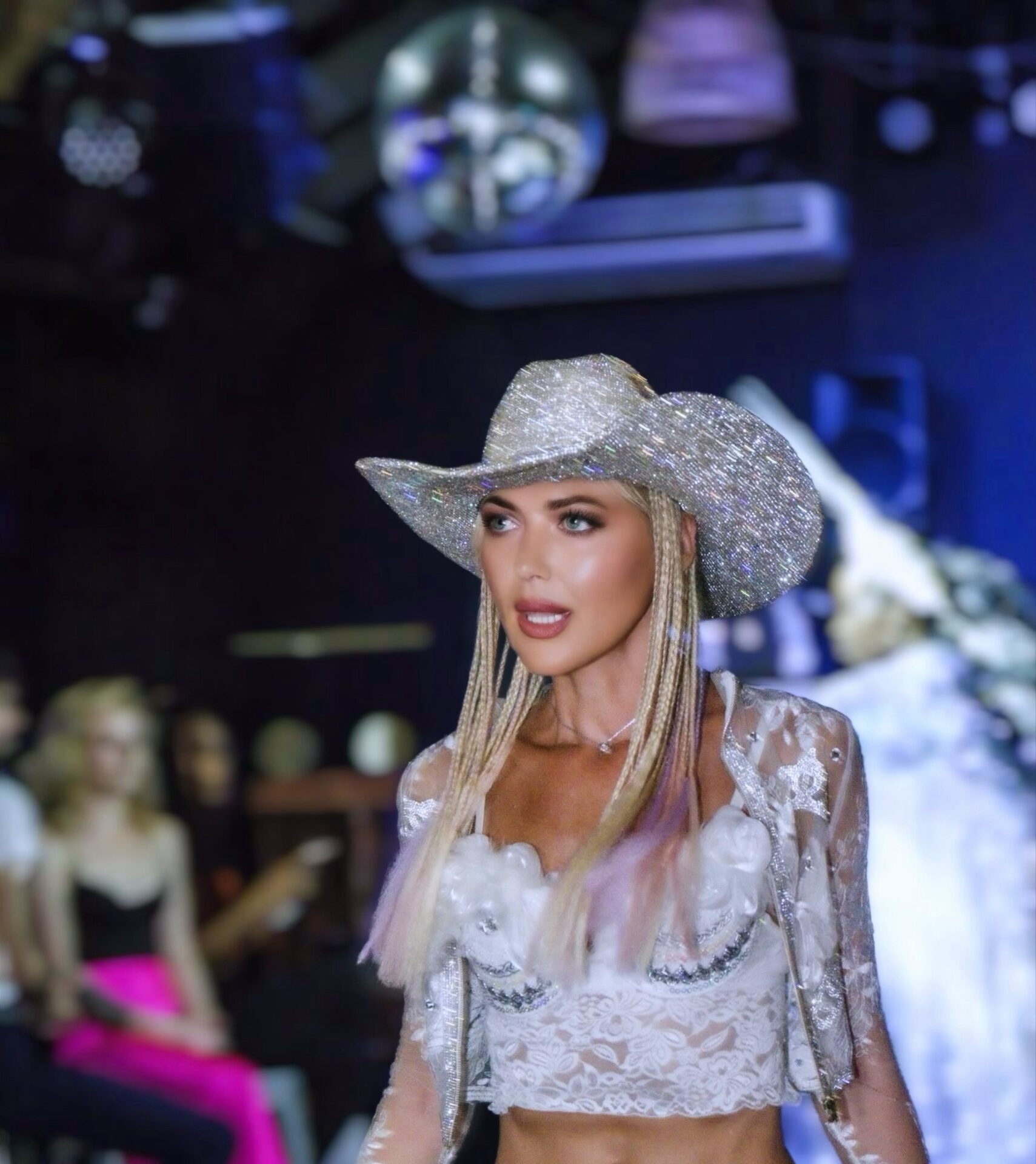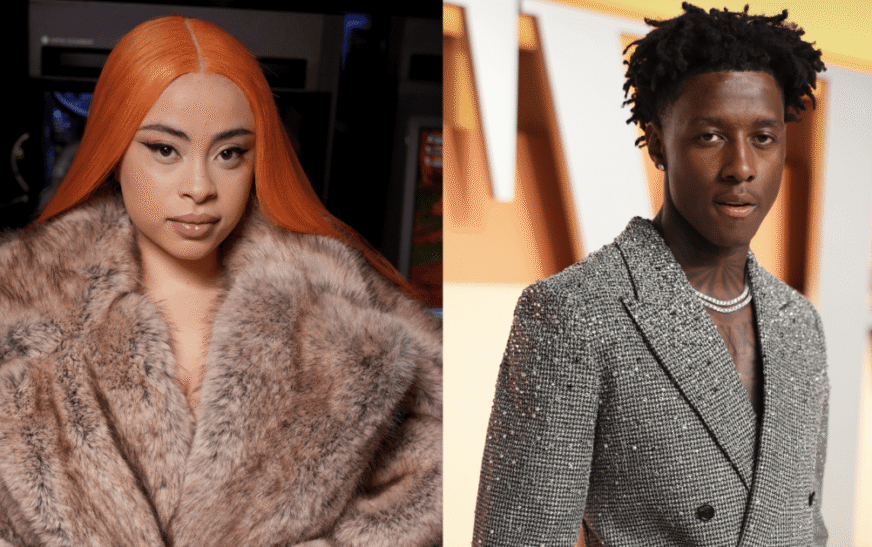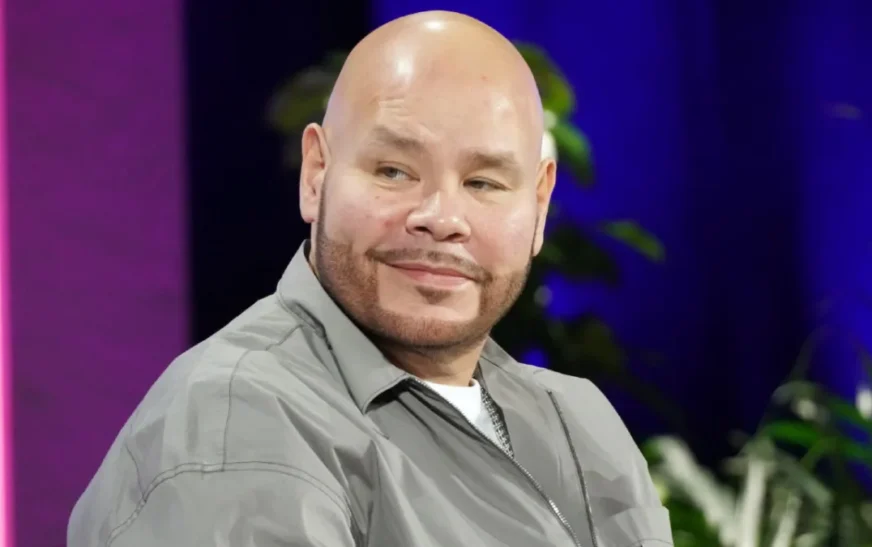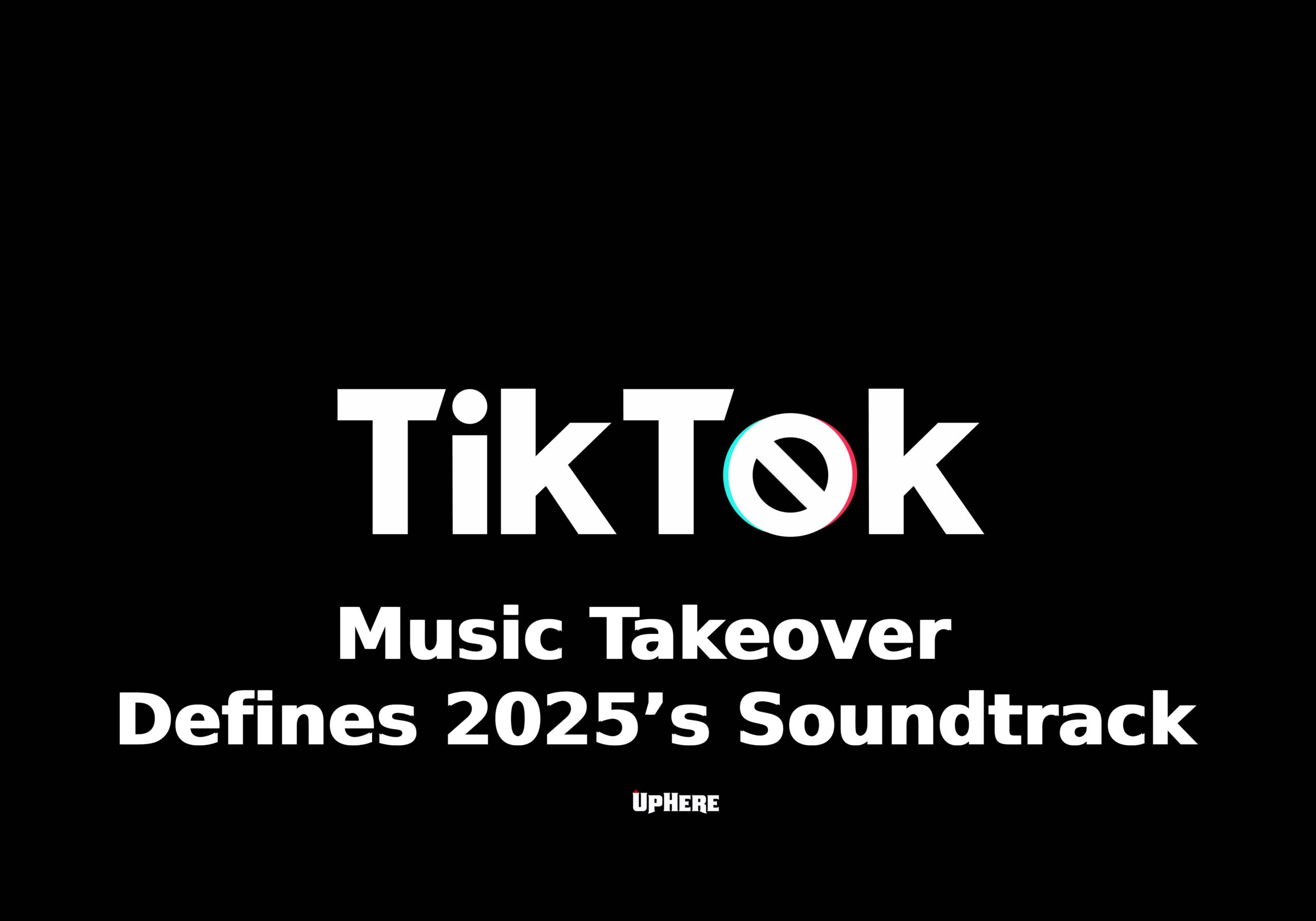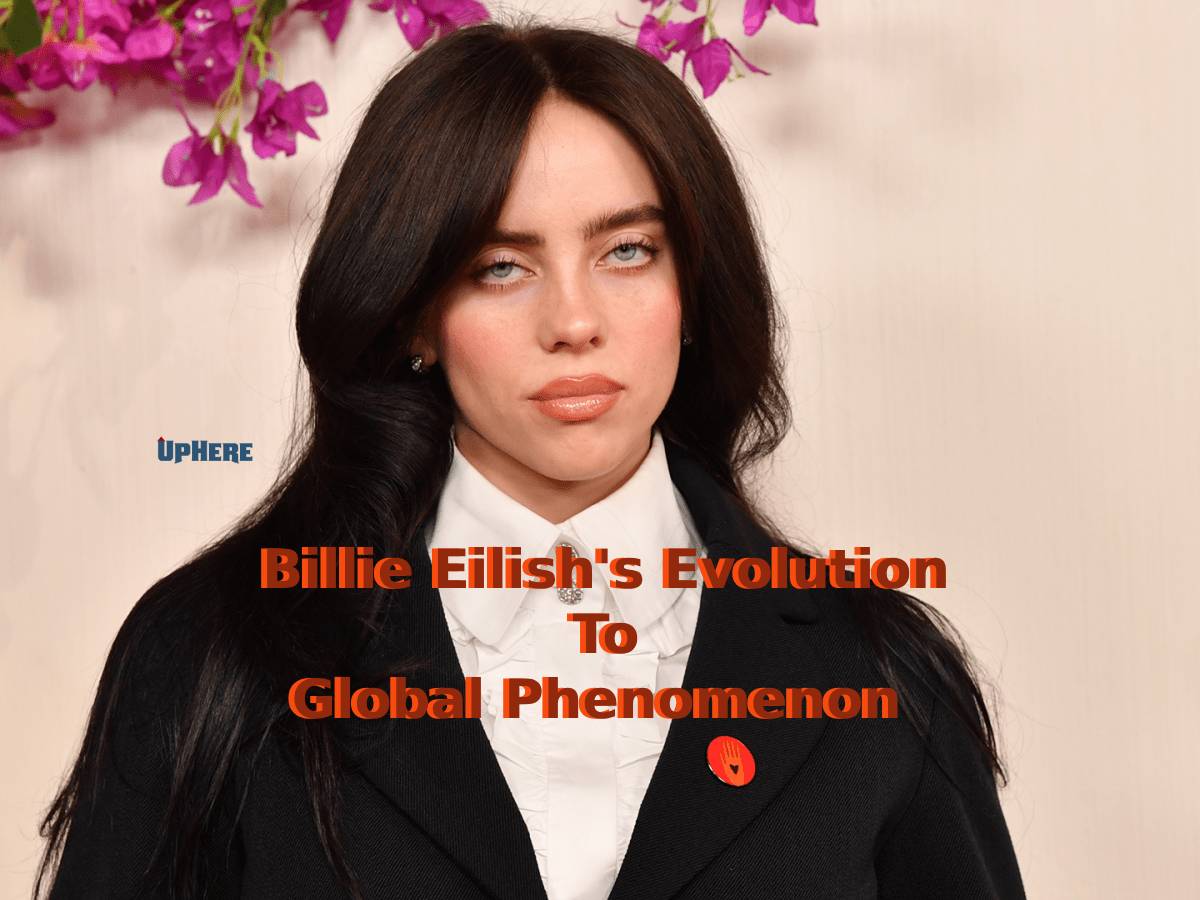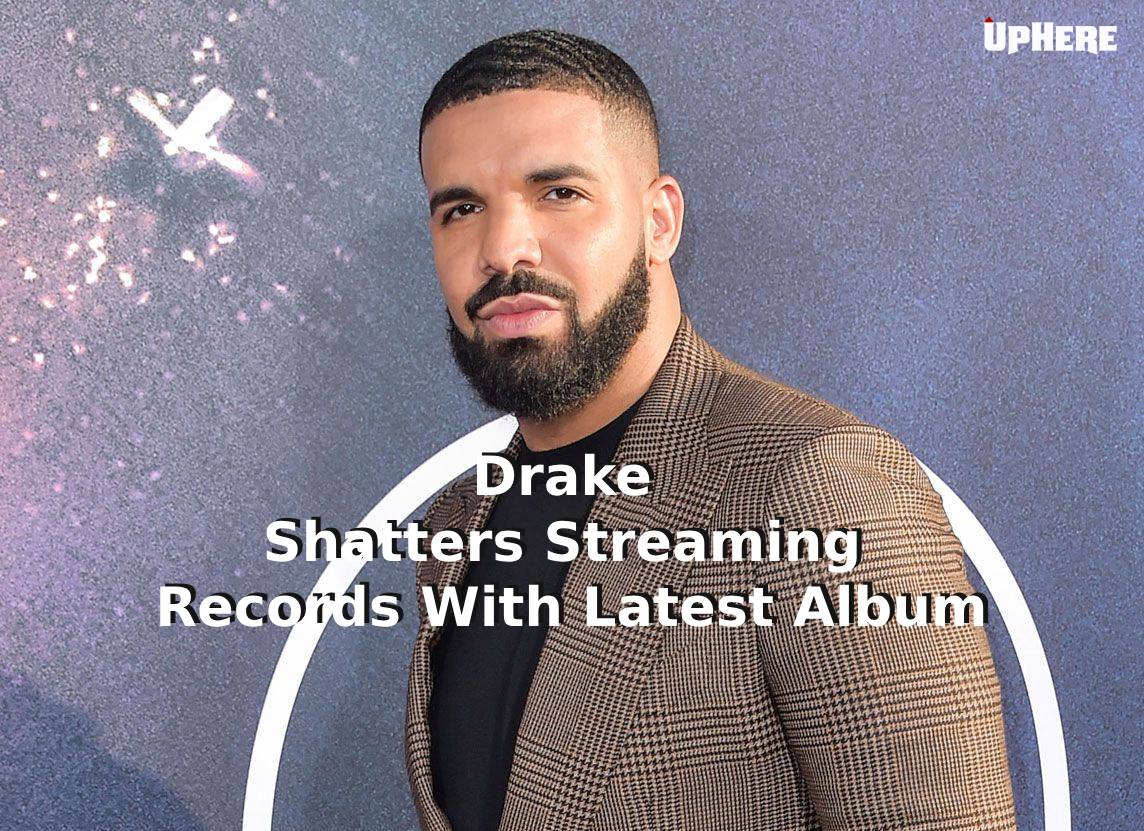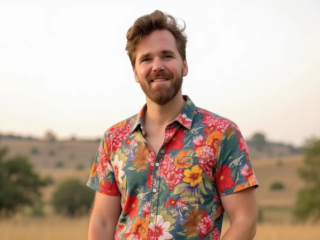In case of a mind-bending, art and criminal evidence crossover moment, rapper Lil Durk has penned a plea on his social media to his fans for help securing a bond in the run-up to his high-profile murder-for-hire case set to begin October 14, 2025. The case has ignited a national debate about artistic freedom and the use of rap lyrics as a weapon in the courtroom. Durk, who has been in jail since he was taken into custody last October, has quite the fight on his hands. The most recent blow came when federal officials seized an unreleased song called “Scoom His Ass,” which they then cited for denying him bail. The song, prosecutors say, includes material that would help their case, though Durk’s lawyers argue it bears no logical connection to criminal actions.
In a bold and impassioned move, Durk posted a video statement to Instagram attacking what his camp says is “false evidence” that the government had presented to a grand jury, which ultimately indicted the rapper. “The recent developments in Durk’s legal case have brought a harsh truth to light: the government presented false evidence to a grand jury to indict him,” the statement said. This isn’t justice. That’s a violation of the system supposed to protect all of us.” But what’s struck some as exceptionally provocative is the government’s repeated references to lyrics from another song, “Wonderful Wayne & Jackie Boy,” that Durk is “alleged” to have written before the crime he’s accused of committing occurred. His lawyers say that is a glaring example of prosecutors deceiving the grand jury, a key factor resulting in his indictment.
Check out this article: Ice Spice And Sauce Gardner Break The Internet With New Photoshoot Amid Romance Rumors
But as the legal storm around Durk heightens, his message also hits on something larger within the culture. Every day, the criminalization of Black artists for their art continues. “Durk has always used music to tell stories, to express pain to heal, and yet those same lyrics are now being used against him,” the statement said on Instagram. “We refuse to stay silent as Black artists continue to be criminalized for their creativity. Rap is art.” It’s not just football players in the hip-hop community who have taken sides, Meek Mill, a rapper who has spoken openly about the need for criminal justice reform, wrote supportively, as did rap star Ralo, who intimated systemic injustices Black musicians face.
Fan comments also help to underscore the weight of public opinion. “They already did Melly dirty, I hope they’re not gonna do the same with you. Free the Voice,” one wrote, invoking the name of another rapper whose lyrics had been central to his own legal battles. Another fan commented, “FREE THE VOICE TILL ITS BACKWARDS.” Lil Durk’s next court date is May 8, when the judge will determine whether he should be released on bond. As the date looms, attention is growing on more than just Durk’s legal prospects and what they might mean for freedom of speech, racial bias in the justice system, and how music is understood in the eyes of the law.


